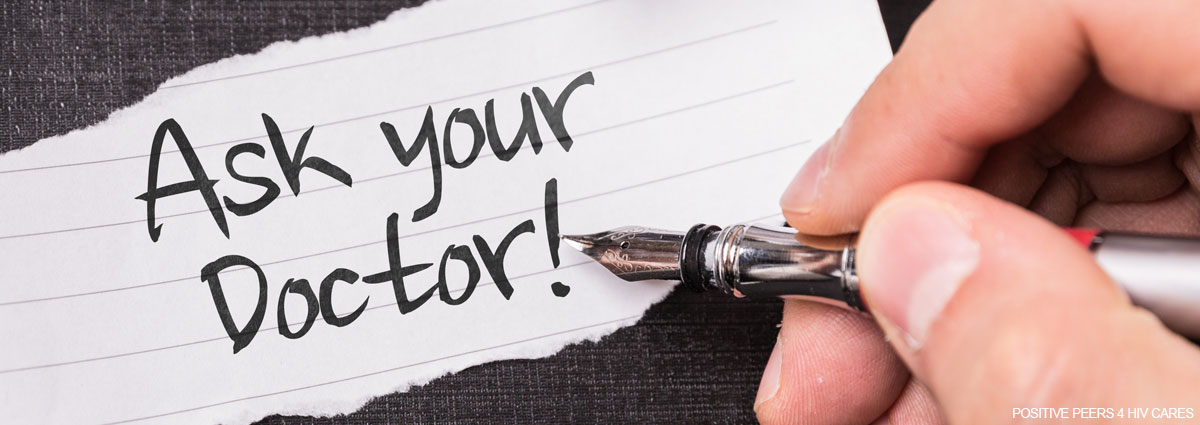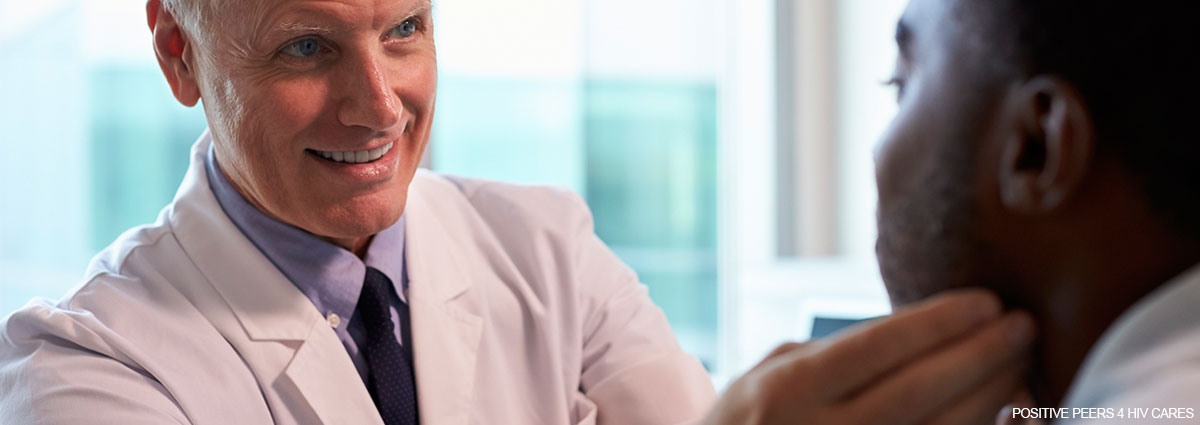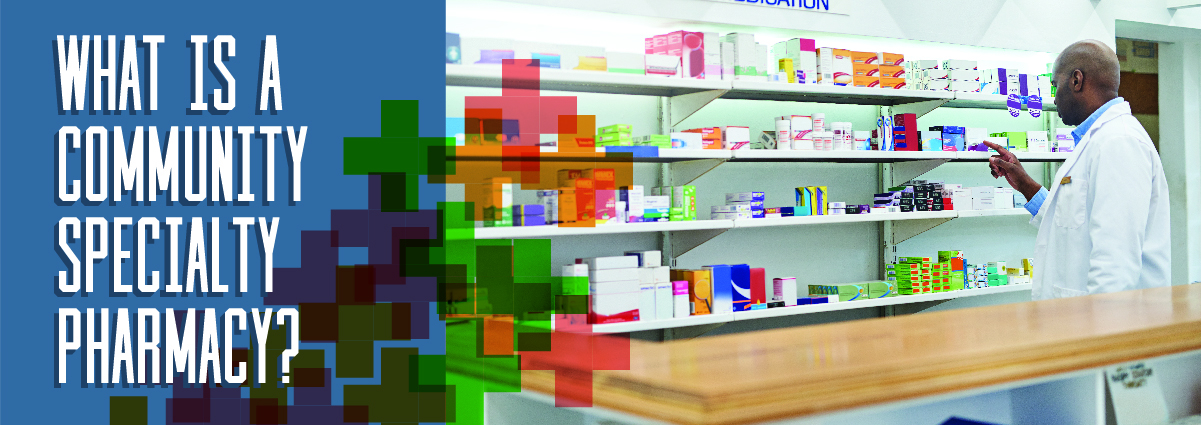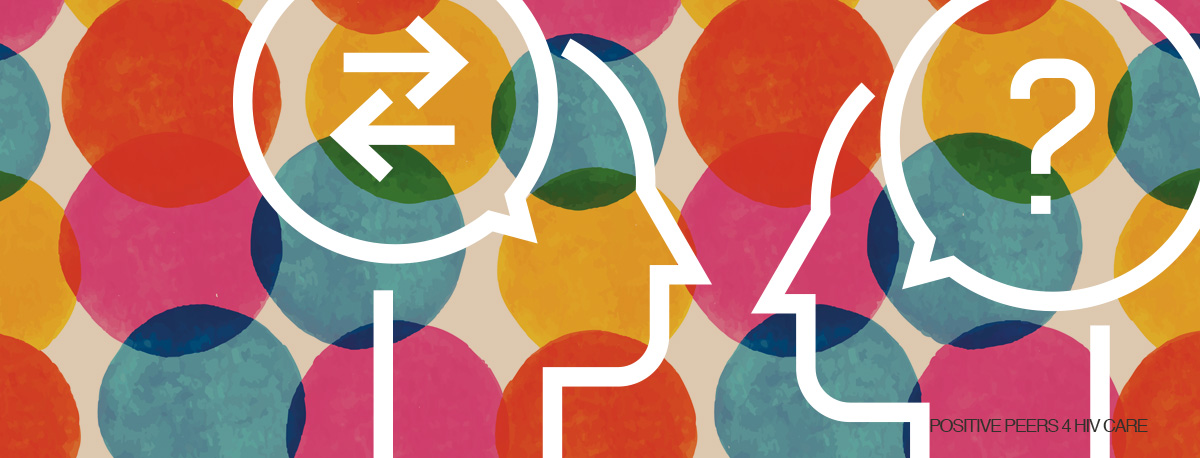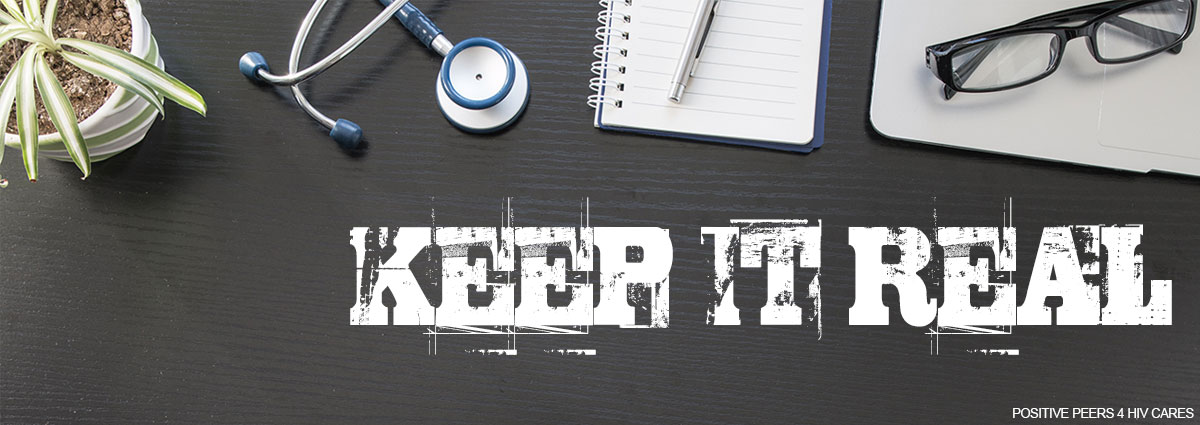
By: Jennifer McMillen Smith, LISW-S, HIV Social Worker at MetroHealth Medical Center and medically reviewed by Ann K. Avery, MD, Infectious Disease Physician at MetroHealth Medical Center
You know you’re supposed to be honest with your doctor.
Doctors keep you healthy, which might make them seem scary. Nobody likes to look at a doctor and admit stuff like how often you go through the fast food drive-thru, smoke blunts or slip-up on using condoms.
But here’s the deal: Your doctor has to know the details to figure out the best way to help you diagnose and fight HIV and get healthy.

1. Remember the doctor’s point of view
Doctors see dozens of people every day. They’re way too busy to judge what you do. Their only focus is to weigh all the facts you give them and come up with a treatment plan that’ll attack your HIV with the fewest annoying side effects and keep you healthy and feeling good. That doesn’t mean that your doc won’t tell you to ease up on the junk food or to quit smoking – they’ll just encourage healthier choices in a non-judgmental way.
2. Focus on the facts of your illness
Doctors are trained to base their decisions on facts backed up by science. This means your doctor needs all the facts you can provide. If you ever shot drugs with shared needles, you need to tell. If you’ve had lots of partners, you need to tell. The information you provide helps your doctor decide which lab tests you might need or which medicines might be a better choice for you.
What you say to your doctor stays with your doctor. That’s what doctor-patient confidentiality means.
The whole idea of doctor-patient confidentiality is to encourage you to tell the truth so you can get the best possible care.
In really rare cases a court could force a doctor to break confidentiality — but that’s very unusual and typically only involves criminal cases. In any case, if you’re curious about what you can say and what you can’t, go ahead and ask your doctor.
Come join our private, stigma-free, supportive community.
Health management tools with medication & appointment reminders.
Social networking in a community conversation & private chats.
3. Forgive yourself
When your friends get annoying and Mom gets on your nerves, you let it slide because that’s what we do with people we care about. And we know we’ll need them to forgive us sooner or later.
But the hardest person on earth to forgive is yourself. That voice in your head keeps saying you should’ve been more careful, shouldn’t have gotten so wasted, and so on.
Well, until somebody invents a time machine and gives free trips into the past to fix what we did, we’ll have to learn to live with them.
Forgiving yourself is how you do that. You admit you made a mistake, learn from it and get on with your life. You can’t afford to keep beating yourself up over it. Keep it pushin’!
4. Don’t lie to yourself
You need a doctor’s help to get the right treatment for HIV.
This means when you lie to your doctor or withhold embarrassing facts, you’re only deceiving yourself.
Your doctor will do the best with the facts you provide. Any facts you don’t give your doctor are facts preventing you from saving your own life.
You may be able to fool yourself and your doctor. But you cannot fool HIV. All you can do is fight it with the best weapons you can get.
So go ahead fess up. Sure, it’s painful, but it’s not as bad as the alternative.
Related Blogs:
Positive Peers is made possible through a U.S. Department of Health and Human Services Health Resources and Services Administration, HIV/AIDS Bureau Special Projects of National Significance (SPNS) Grant to The MetroHealth System. Click here for more information about the SPNS grant initiative.
Positive Peers is a private app for young people living with HIV. Learn how you can earn rewards for your participation.
